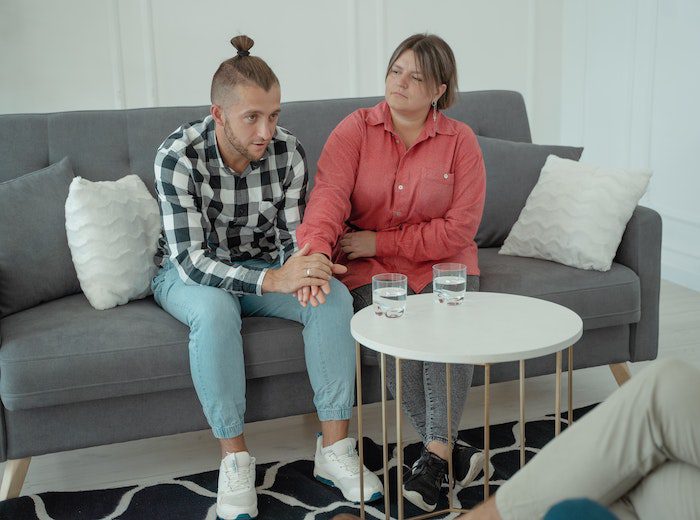Treatment Options for Co-Occurring Disorders

A person with co-occurring disorders typically has a substance use disorder, such as drug or alcohol addiction, as well as a mental health disorder, such as depression, bipolar disorder, or post-traumatic stress disorder. Co-occurring disorders are not uncommon, since one can lead to the other. However, treatment for co-occurring disorders requires more careful support and comprehensive therapy for both components of this condition.
If you are struggling with mental health disorders as well as addiction, you may feel overwhelmed and unsure of where to start or how this happened. The good news is that treatment can be highly effective at restoring balance in your life.
Treatment for Both at the Same Time
One of the foundations of success is treating both conditions at the same time rather than using two separate plans. In dual diagnosis treatment, medical doctors, therapists, and other providers work together to create a plan best suited to your situation and needs. According to the National Institute on Drug Abuse, people with mental health disorders and addiction are less likely to complete treatment for addiction, which often leads to negative outcomes. For that reason, you want to turn to a recovery center with experience in treating co-occurring disorders to ensure that your full range of needs is addressed.
What Are Some Components of Co-Occurring Disorder Treatment?
Your treatment plan is likely to be unique. However, many plans will include the following components:
Medications
Many people with mental health disorders need medications to help them to reduce symptoms. The type of medication ultimately depends on your symptoms. Diagnosis and prescription is best done in an addiction treatment setting where your providers can carefully adjust meds as needed to find the right balance as you detox and enter recovery. Medications create clarity and reduce symptoms so you can work on recovery.
Behavioral Therapies
Many people spend time working through various types of talk therapy. Each type of therapy has a different approach. Behavioral therapies that may be a part of your treatment include:
- Cognitive-Behavioral Therapy: CBT is a common treatment method. It helps people find connections between their thoughts, feelings, and behaviors with the goal of shifting negative thought patterns to change behavior and improve motivation for recovery.
- Dialectical Behavior Therapy: This therapy works to reduce self-harm behaviors. This could include urges toward suicide, self-harm, or causing harm to others. DBT may be a core component of treatment for those who need help with deep emotional pain.
- Motivational Incentives: This type of therapy focuses on heightening a person’s motivation to complete their treatment program. Therapists offer incentives such as food, gift cards, or other small prizes for continuing treatment. As clients gain stronger footing in recovery, they will start to recognize the internal motivations for continuing treatment.
- Assertive Community Treatment: ACT is more commonly used for people whose co-occuring disorder is schizophrenia or another severe mental illness. It offers specific and highly individualized care to deal with each person’s unique situation.
- Group Therapy: Group therapy helps people learn about their condition with others who are going through the same process. Hands-on learning and real-world strategies can help individuals to work through their mental health issues along with their substance use disorders.
- Family Therapy: Family therapy may be a part of your treatment plan, especially when it is critical to your long-term recovery. Family therapy may help you deal with past pain as well as help you and your family learn how to best support and communicate with each other.
In addition to these types of therapies, you may receive holistic care and experiential treatment. All of these modalities and tools work together to help you heal on all levels.
When Should You Get Help for Addiction and Mental Health Disorders?
You don’t have to be diagnosed with a mental health disorder to start the process of recovery in a drug treatment center. Rather, you just have to take the first steps toward getting care. That includes reaching out to our team to discuss what’s occurring. We’ll then work with you to understand your mental health needs and create a plan to address those needs thoroughly.
You can feel confident that even if it seems impossible, treatment for co-occurring disorders is comprehensive enough to help you find recovery. Our drug treatment center in Lafayette, LA, can help.
Share This Post:







